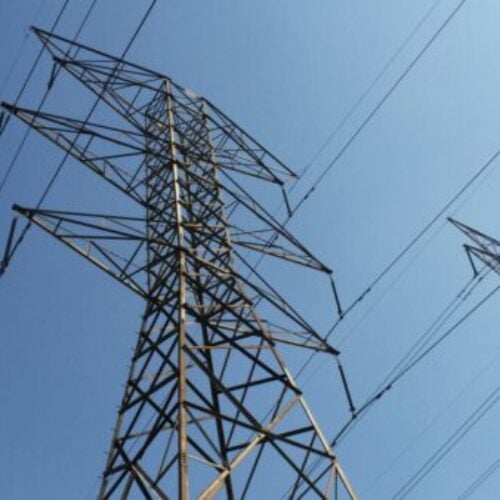Ofgem has confirmed it intends to set baseline returns at 4% under the next set of network price controls, a significant, 50% reduction on the current framework.
That cost of equity cap, combined with annual adjustments to the cost of debt faced by network operators, is expected to save consumers some £6.5 billion over five years, but is likely to attract the ire of network companies who had criticised the original proposal made earlier this year.
In March, Ofgem confirmed that it hoped to save consumers £5 billion by setting the cost of equity at between 3 – 5%, but sought additional insight from the industry before setting the figure in stone. It then deferred its decision until December, committing to further assessment and modelling to be conducted.
Ofgem said today that when combined with proposals to introduced fixed network charges via the targeted charging review, announced last month, the reforms could save consumers as much as £45 per year when they come into effect from 2021.
Jonathan Brearley, executive director for systems and networks at Ofgem, said: “Our proposals for the new network price controls and charging reforms will help build a lower cost, fairer energy system which is fit for this smarter, cleaner future.
“We want to cut the cost to consumers for accommodating electric vehicles, renewables and electricity storage, and make sure that all consumers benefit from these technologies.
“This will mean driving a harder bargain with network companies to ensure that households who need it always have access to safe and secure energy at a fair price.”
Early reaction to the news from network operators has been negative. National Grid, whose stock slid by 3% in early trading, said it was “disappointed” with the proposed financial package, taking particular aim at the cost of equity range.
“…we do not believe it appropriately reflects the level of risk borne by transmission networks. In order to deliver the major capital programme required across our networks in a rapidly changing energy market, we need to ensure the regulatory framework also provides for fair returns to shareholders and enables us to continue to deliver world class networks for consumers,” the company said.
The Energy Networks Association also issued a strong response, insisting that the proposals could jeopardise the innovation and investment needed to support the country’s evolving power system.
“It’s important that the public and the country as a whole benefit from the changes that are sweeping across the country’s energy system, but much more work still needs to be done by the regulator to understand the pace of that change, the risks that investors face and how that is reflected in the price control.
“Energy network companies are building a smarter, more efficient, cleaner energy system that is fit for the British public, so we can all benefit from things like more electric vehicle chargepoints to help improve our air quality and a lower-carbon gas grid to heat our homes… Britain’s people and businesses risk missing out,” David Smith, chief executive at the ENA, said.
However consumer watchdog Citizens Advice welcomed the proposals, claiming that energy companies had “had it too good for too long”.
“Ofgem’s commitment to a tougher price control should curb the excess profits networks have been allowed to make. This is good news for people as this should result in lower bills. It is vital now that Ofgem continues to hold its nerve in the face of the inevitable push back from industry,” chief executive Gillian Guy said this morning.
More to follow…






